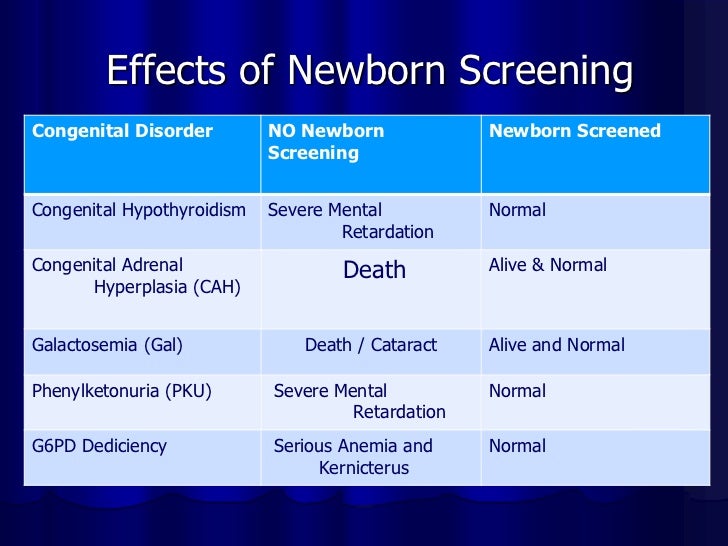Assuming the position as the Department of Health (DOH) secretary for the second time, since last November 2017, Dr Francisco Duque III expressed his intent to help bringing back the ‘golden era’ of the government agency—one of the key priorities envisioned.“There are high expectations andgreater challenges with a much bigger budget of PHP 165 billion now than whenwe started with a PHP 10 billion budget in 2005,” highlighted Duque. “The DOH equallyhas a huge responsibility and accountability to the Filipino people.”Some of DOH’s agendas to watch forin 2018 are: 1) the rehabilitation of war-torn Marawi City; 2) monitoring thehealth of Filipino grade school students who received the Dengvaxia vaccine; 3)addressing persistent public health issues such as the high maternal and neonatalmortality rates, and the increasing burden of tuberculosis and HIV/AIDS in the country; and 4)the continuation of the Philippines Health Agenda (PHA), formerly headed byex-health secretary, Dr Paulyn Ubial.1. Marawi siegeTill date, the city insouthern Philippines has still yet to recover from the war it went through lastMay-October 2017.“We have to make sure that we can address the health needs of the people in Marawi, especially the damaged health delivery infrastructure,” assserted the health secretary. He further expressed that their aim is to regain the city’s pre-war functionality—a task he admitted will not be easy to accomplish.One of the many challenges the DOH needs to address in Marawi is the mortalities in evacuation centres caused by pneumonia, sepsis, cardiovascular diseases, acute gastroenteritis, and prematurity.2.
Game collector pro 5 1 1 crack rar. DengvaxiaA little more than a month after pharmaceutical giant, Sanofi Pasteur warned the public about the potential danger that, Dengvaxia, poses on those who received it, the DOH said they will not be seeking legal damages versus officials who are responsible for the dengue immunisation programme.“We need to watch out for the 873,000 students who had been vaccinated,” said Duque during a media forum last 5 January. He said that their aim is to mitigate, if not eliminate, the risk the dengue vaccine has on the children.However, Duque clarified that thehealth department will be in full cooperation with other government agencies inprobing the said immunisation programme. He also assured that the DOH will beconducting a 5-year heightened surveillance on the vaccinated grade schoolers.3. Persistent health challenges“Whilewe confront today’s persistent health challenges such as high maternal andneonatal mortality rates, increasing burden of TB and HIV/AIDS as well asemerging problems like non-communicable diseases (NCDs), mental disorders anddrug resistance, these can all be systematically and strategically addressed ifeveryone in the DOH is willing to adapt a governance system of framework,” saidDuque in a statement.In 2016, the country’s maternalmortality rate was at 204 per 100,000 live births—the target then was 54 per100,000 live births.
Doh Address

Another major concern is the continuous increase ofFilipinos infected with HIV. DOH’s Epidemiological Bureau’s HIV/AIDS Registryof the Philippines recorded.“We need to intensify programs toensure that the cases of HIV/AIDS will not further rise,” said Duque.4.
List Of Doh Programs 2018
Philippine Health Agenda &the Universal Health BillDuquevowed to continue what former health secretary, Dr Paulyn Ubial started for thePhilippine Health Agenda (PHA). According to him, what Ubial has started willbe “merged with a strategic approach through the revitalisation of his ownflagship program, (F1 Plus).”F1 Plus’ new tagline, Boosting Universal Health Care via FOURmulaOne Plus hints a brighter future to a more ‘transparent, inclusive,coordinative, and synergistic’ agenda with the efforts of both the public andprivate sector partners.Duque, through his renewed commitment to thehealth department, also promises to prioritise the review of the UniversalHealth Bill.
Posts
- Igo Amigo 8.4 3d
- Adobe Cs6 Multilang
- Installing Ez Publish
- Dot4 Usb Printing Support Software
- Shelleyan Orphan Century Flower Rar: Software Free Download
- Heroes Vi Cd Key Generator
- 3ware 9550sx Driver Windows 2008
- Hp Compaq 8430 Drivers
- Filter Breaker Psiphon 3
- Instructions Manual For Whirlpool Jacuzzi Bath
- Biologia De Robertis Pdf
- Idx Sub To Srt Converter
- Invision Power Board V2.2
- Pdf To Autocad Converter With Crack
- Problems Installing Driver For Radeon X1300
- Otto Von Bismarck Health Care Program
- Program Mesin Bubut Cnc
- Maximum Roadkill Pirate
- Schecter Serial Number Decoder
- Alpha Technics 3000 Manual
- Jetboat Superchamps Crack
- Faulkner Pantaloon In Black Pdf
- Bios Para Kega Fusion